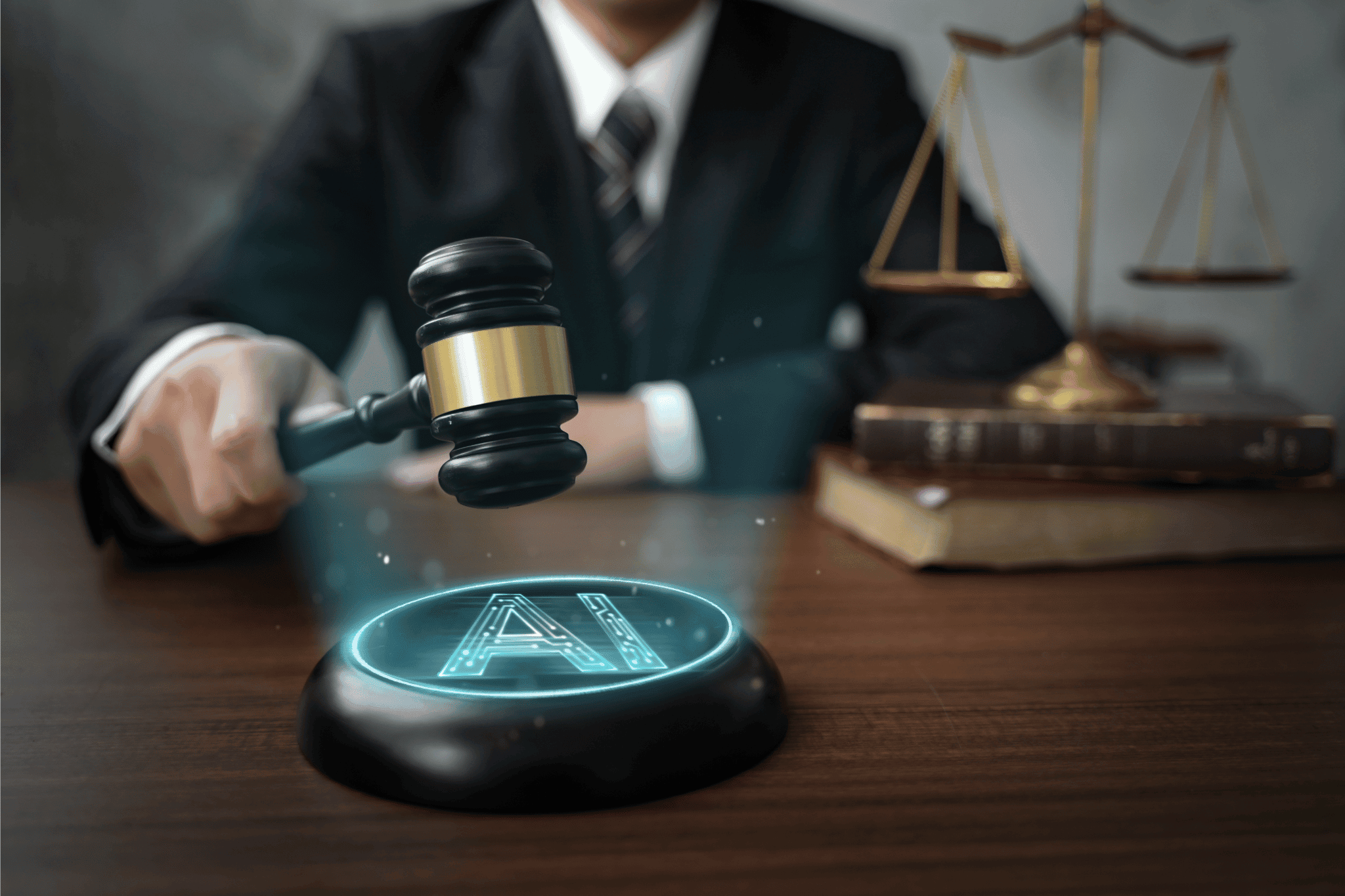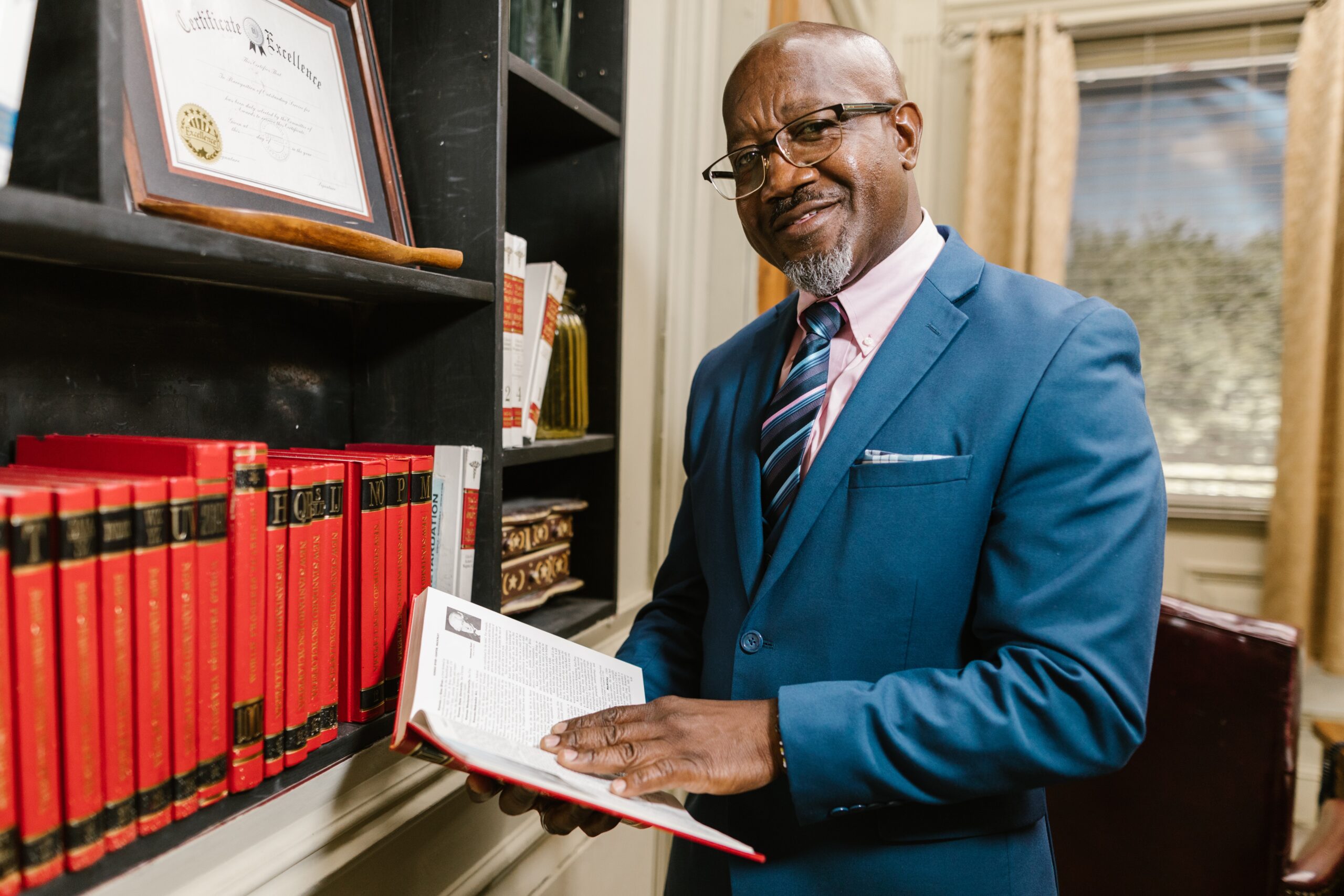Introduction
Every year, countless individuals find themselves involved in auto accidents. While some emerge with mere scratches and bruises, others suffer far more severe consequences. One of the most devastating outcomes of such incidents is a traumatic brain injury (TBI).
TBIs can lead to long-lasting effects that impact not just the victims but their families and communities as well. Understanding these long-term effects is crucial for anyone who has been involved in an auto accident or knows someone who has. This article will delve into the complexities surrounding TBIs, exploring their causes, symptoms, treatment options, and the importance of seeking help from a car accident attorney.
The Long-Term Effects of Traumatic Brain Injuries from Auto Accidents
When we talk about TBIs resulting from car accidents, it's essential to recognize that these injuries don't just affect the physical state of an individual; they also have profound psychological and social implications.
What is a Traumatic Brain Injury?
At its core, a TBI is defined as an injury to the brain caused by an external force. This can occur during an auto accident when the head strikes an object or if an object penetrates the skull.

Types of TBIs
Concussion: Often described as a mild form of TBI, concussions can still have serious repercussions. Contusion: This refers to bruising on the brain itself. Penetrating Injury: When an object pierces through the skull into the brain tissue. Diffuse Axonal Injury: This occurs when rapid acceleration/deceleration causes widespread damage across various areas of the brain.Common Causes of TBIs in Auto Accidents
- High-speed collisions Rollovers Ejections from vehicles Collisions with stationary objects
Symptoms Following a TBI
Recognizing symptoms early can be life-saving. Common signs include:
- Headaches Nausea or vomiting Confusion or disorientation Mood swings Memory issues
Short-term vs Long-term Effects
While some individuals recover quickly from TBIs, others may experience long-term problems that affect their quality of life.
Cognitive Impairments Associated with TBIs
One significant long-term effect of TBIs is cognitive impairment. Many survivors face challenges in memory, attention span, and problem-solving abilities.
Memory Issues
Victims often report difficulty remembering recent events or retaining new information.
Strategies for Memory Improvement
Use memory aids like calendars or apps. Engage in regular mental exercises. Establish routines to reinforce information retention.Attention Deficits
Focus can become a challenge post-injury. This often leads to frustration and decreased productivity at work or school.
Managing Attention Deficits
Creating a distraction-free environment can help improve focus on tasks.
Physical Changes After a TBI
Besides cognitive effects, physical changes are notable following a traumatic brain injury.
Motor Function Impairments
Many car accident survivors struggle with coordination and balance due to motor function impairments.
Rehabilitation Techniques
Physical therapy focused on strength training. Occupational therapy to improve daily living skills. Balance exercises tailored to individual needs.Chronic Pain Syndromes
Individuals may experience chronic headaches or other forms of persistent pain following their injury.
Pain Management Approaches
Medication prescribed by healthcare professionals. Alternative therapies such as acupuncture or yoga. Cognitive-behavioral therapy (CBT) for pain management strategies.Emotional and Psychological Effects
The emotional fallout from TBIs often goes unnoticed but can be just as debilitating as physical injuries.
Depression and Anxiety Disorders
Many individuals develop anxiety or depression following their traumatic experiences during auto accidents.

Coping Mechanisms
Counseling with mental health professionals trained in TBI recovery. Support groups for shared experiences and healing. Mindfulness practices to reduce stress levels.Behavioral Changes Post-Injury
Changes in behavior might include increased irritability, impulsivity, or social withdrawal after experiencing a TBI.
Addressing Behavioral Changes
Behavioral therapy may be beneficial in addressing these shifts effectively while also helping families understand these changes better.
Social Implications of Living with a TBI
Adapting socially after experiencing a TBI presents its own set of challenges for many individuals and their loved ones.
Strained Relationships
TBIs can alter interpersonal dynamics significantly; partners may struggle with understanding each other's emotional states leading to tensions at home.
Strengthening Relationships Post-Injury
Open communication about feelings and experiences can foster understanding among family members during recovery periods.
Challenges in Employment Settings
Returning to work after suffering from a TBI can seem daunting due to cognitive impairments or emotional struggles that make job performance difficult.
Strategies for Workplace Adaptation
Employers should consider implementing flexible work arrangements accommodating employees recovering from TBIs while enhancing workplace support systems overall.
Legal Considerations After Sustaining a TBI in an Auto Accident
If you've suffered a TBI due to someone else's negligence on the roadways—like distracted driving—you may want to enlist the help of a car accident attorney who specializes in personal injury cases involving TBIs specifically!
Why Hire A Car Accident Attorney?
Navigating through legal complexities alone can be overwhelming; experienced attorneys handle all aspects—from gathering evidence related directly back towards your case all way down until negotiations happen over settlements!
Finding The Right Representation For Your Needs!
When looking for representation: 1) Research local firms specializing specifically within personal injuries—especially those focusing solely on car accidents! 2) Check reviews online before scheduling consultations—this ensures finding someone trustworthy!
Rehabilitation Options Available For TBI Survivors!
Once diagnosed correctly—and depending upon severity level—rehabilitation will play crucial role towards recovery journey!
Inpatient Rehabilitation Facilities!
These facilities provide intensive therapies tailored towards individual recovery goals—often including occupational therapy sessions designed specifically around daily living skills!
Benefits Of Inpatient Care!
1) Accessing team-based approach allows customized treatment plans based upon specific needs! 2) Continuous oversight ensures safety throughout patient’s stay—reducing risks associated with complications arising unexpectedly!
Outpatient Services And Community Resources!
For those looking into outpatient services following discharge from inpatient care—many community resources available offer additional support when needed most!
Community-Based Rehabilitation Programs!
Often funded through nonprofit organizations dedicated towards helping individuals adjust back into society post-injury—these programs target specific populations based upon demographics/needs outlined earlier within this article!
Long-Term Monitoring And Support Systems!
As time passes after sustaining initial trauma—it’s essential ongoing support remains intact so patients feel secure knowing assistance always accessible whenever required!
Importance Of Continued Follow-Up Appointments!
Regular follow-ups allow healthcare providers assess progress made whilst adjusting treatments accordingly depending upon evolving circumstances surrounding each patient individually!
FAQs About Traumatic Brain Injuries From Auto Accidents!
1) What are some common symptoms immediately after experiencing an automobile-related traumatic brain injury?
- Symptoms might include headaches, confusion/disorientation regarding surroundings/activities taking place around them etc..
2) How does one know whether they should seek medical attention following minor accidents?
- It’s best practice err on side caution; if concerning signs arise even slightly—consult physician immediately regardless extent severity stated initially by others involved during incident itself!.
3) Can rehabilitation truly help individuals regain lost abilities due solely due having sustained prior trauma inflicted upon themselves via car collisions?

- Absolutely! Various types therapies exist aimed specifically towards restoring necessary functions enabling autonomy again eventually leading healthy fulfilling lives thereafter!.
4) How long does it typically take before noticeable improvements become apparent post-injury?
- Recovery timelines vary widely based upon severity level sustained initially however progress often spans weeks/months depending unique situations faced along journey itself!.
5) Is there any financial assistance available for those affected financially due unexpected medical expenses incurred throughout entire process?
- Yes! Numerous resources exist providing aid based directly off income levels/eligibility criteria established designed particularly assist families struggling meet essential costs associated care provided over time!.
6) What role does emotional support play during recovery phases experienced afterwards?
- Emotional support proves vital helping alleviate feelings isolation/loneliness stemming lack understanding surrounding difficulties faced daily encouraging positive mindset ultimately aiding healing physically mentally too!.
Conclusion: Embracing Recovery After Trauma!
Living with lasting effects stemming from traumatic brain injuries resulting auto accidents poses numerous challenges ahead—but armed knowledge coupled professionalism offered through legal representation empower victims navigate treacherous waters effectively while reclaiming voices once silenced under strain adversity faced https://www.moseleycollins.com/car-accident.html inevitably along way every step taken toward healing journey ahead shines brighter days awaiting just beyond horizon patiently waiting discovery anew beginning awaits beyond hardships endured thus far!.